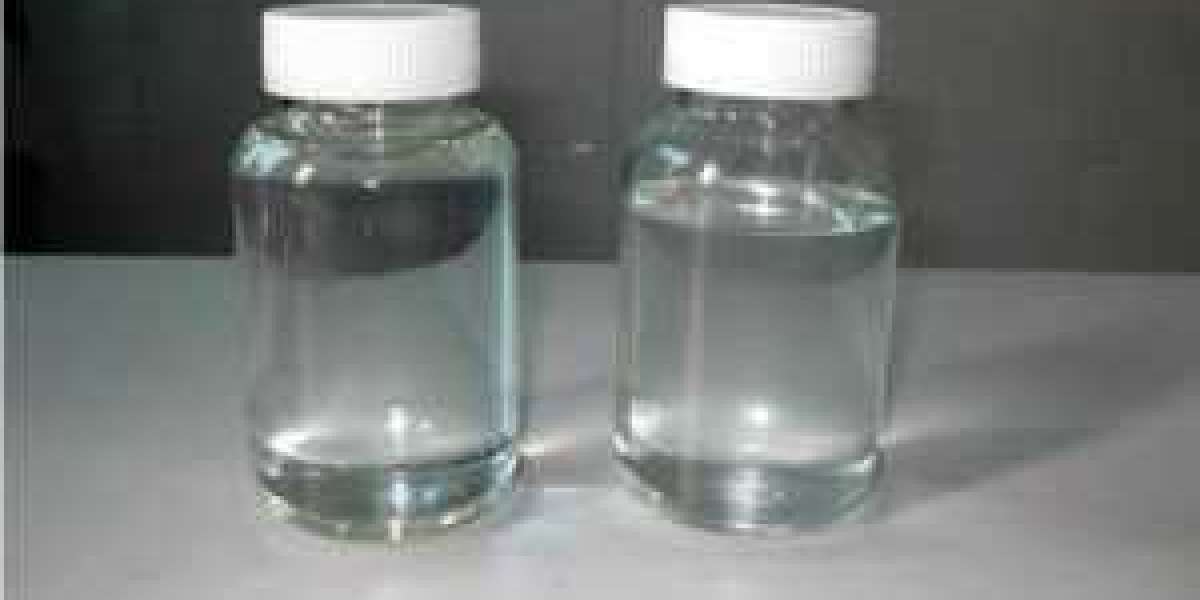Liquid glucose, often referred to as glucose syrup, is a concentrated carbohydrate solution derived from starch sources like corn, wheat, or potatoes. Its properties as a sweetener, thickener, and moisture-retaining agent have made it a staple in various industries, especially in food production. The term "Liquid Glucose Mass Health" encompasses its impact on the nutritional and health-related aspects of its consumption. This article delves into the role of liquid glucose in modern nutrition, exploring its benefits, applications, and potential risks.
What is Liquid Glucose?
Liquid glucose is a clear, viscous syrup primarily composed of glucose molecules. Produced through the enzymatic breakdown of starch, it is characterized by its high sweetness and stability. This versatile ingredient is commonly used in foods, beverages, and even pharmaceuticals, thanks to its ability to improve texture, prolong shelf life, and enhance taste.
Its ease of use and adaptability have positioned liquid glucose as a central ingredient in modern nutrition, both in everyday products and specialized applications.
Applications of Liquid Glucose in Modern Nutrition
1. Food Industry
Liquid glucose is a key player in the food industry, widely used in products such as candies, chocolates, ice creams, and baked goods. It helps retain moisture, ensuring these products remain soft and appealing over time. Additionally, its ability to prevent crystallization makes it indispensable in confectionery and dessert-making.
2. Pharmaceuticals
In the pharmaceutical sector, liquid glucose is often included in syrups, tonics, and oral medications. Its sweetness masks unpleasant tastes, making medicines more palatable, particularly for children.
3. Sports Nutrition
As a quick source of energy, liquid glucose is a popular ingredient in sports drinks and energy gels. It provides rapid fuel for athletes during intense physical activity, enhancing endurance and recovery.
4. Beverage Industry
Liquid glucose is commonly used in carbonated beverages, flavored drinks, and concentrates. It not only sweetens but also stabilizes these products, ensuring consistent quality and taste.
Benefits of Liquid Glucose in Modern Nutrition
1. Quick Energy Source
Due to its simple carbohydrate structure, liquid glucose is quickly absorbed into the bloodstream. This makes it an efficient energy source, especially for individuals engaged in strenuous activities or those recovering from illness.
2. Enhances Product Quality
Liquid glucose improves the texture and consistency of foods, ensuring they remain fresh and appealing. Its hygroscopic nature helps maintain moisture, preventing products like cakes and cookies from drying out.
3. Culinary Versatility
Liquid glucose’s ability to prevent crystallization and retain flavor makes it a go-to ingredient in various culinary applications, from candies to syrups. It helps achieve the desired texture in many recipes, including smooth, glossy finishes in desserts.
Risks Associated with Liquid Glucose Mass Health
While liquid glucose has numerous benefits, its impact on health depends heavily on the quantity consumed. Overuse or dependence on products containing liquid glucose can lead to adverse health outcomes.
1. Blood Sugar Spikes
Liquid glucose has a high glycemic index, which means it causes rapid spikes in blood sugar levels. This can be problematic for individuals with diabetes or insulin resistance, as it may worsen their condition.
2. Weight Gain and Obesity
Frequent consumption of products containing liquid glucose can contribute to excessive calorie intake, leading to weight gain and obesity. Many processed foods rich in liquid glucose are also high in fats and low in essential nutrients.
3. Dental Problems
Liquid glucose is a fermentable sugar, providing an ideal environment for bacteria to thrive in the mouth. This increases the risk of cavities and other dental issues, particularly with frequent or prolonged exposure.
4. Chronic Health Risks
A diet high in added sugars, including liquid glucose, is linked to a higher risk of developing chronic diseases such as heart disease, type 2 diabetes, and non-alcoholic fatty liver disease. Excessive sugar intake is also associated with inflammation and metabolic imbalances.
Managing Liquid Glucose Consumption
1. Moderate Intake
To maintain a balanced diet, it’s essential to consume liquid glucose in moderation. Individuals should limit their intake of processed foods and beverages that contain high levels of added sugars.
2. Understanding Food Labels
Consumers can make informed choices by reading food labels carefully. Terms like "glucose syrup" or "corn syrup" often indicate the presence of liquid glucose.
3. Healthier Alternatives
Opting for natural sweeteners like honey, maple syrup, or fruits can reduce reliance on liquid glucose. These alternatives provide sweetness along with additional nutrients.
4. Customized Nutrition
Individuals with specific health needs, such as athletes or those recovering from illness, should consult with nutritionists or healthcare providers to determine appropriate levels of liquid glucose intake.
Liquid Glucose Mass Health: A Balanced Perspective
The concept of "liquid glucose mass health" reflects the cumulative effects of its consumption on overall well-being. Liquid glucose can be a beneficial ingredient when used appropriately, offering energy and enhancing the quality of food products. However, its overuse can lead to negative health outcomes, including weight gain, dental issues, and chronic diseases.
Balancing liquid glucose in the diet requires an understanding of its role and effects. While it is invaluable in certain contexts—such as sports nutrition and medical recovery—care must be taken to avoid excessive or unnecessary intake.
Conclusion
Liquid glucose is a versatile and widely used ingredient that plays a significant role in modern nutrition. Its applications span from food and beverages to pharmaceuticals and sports products, highlighting its importance in various industries. However, the term "liquid glucose mass health" reminds us of the dual nature of its impact: it offers benefits when used judiciously but poses risks when overconsumed.
Striking a balance in the use of liquid glucose requires informed dietary choices, moderation, and awareness of its presence in everyday products. By understanding its benefits and risks, individuals can incorporate liquid glucose into their diets responsibly, ensuring that it enhances rather than compromises their health. Visit Health Dady to get more information.








